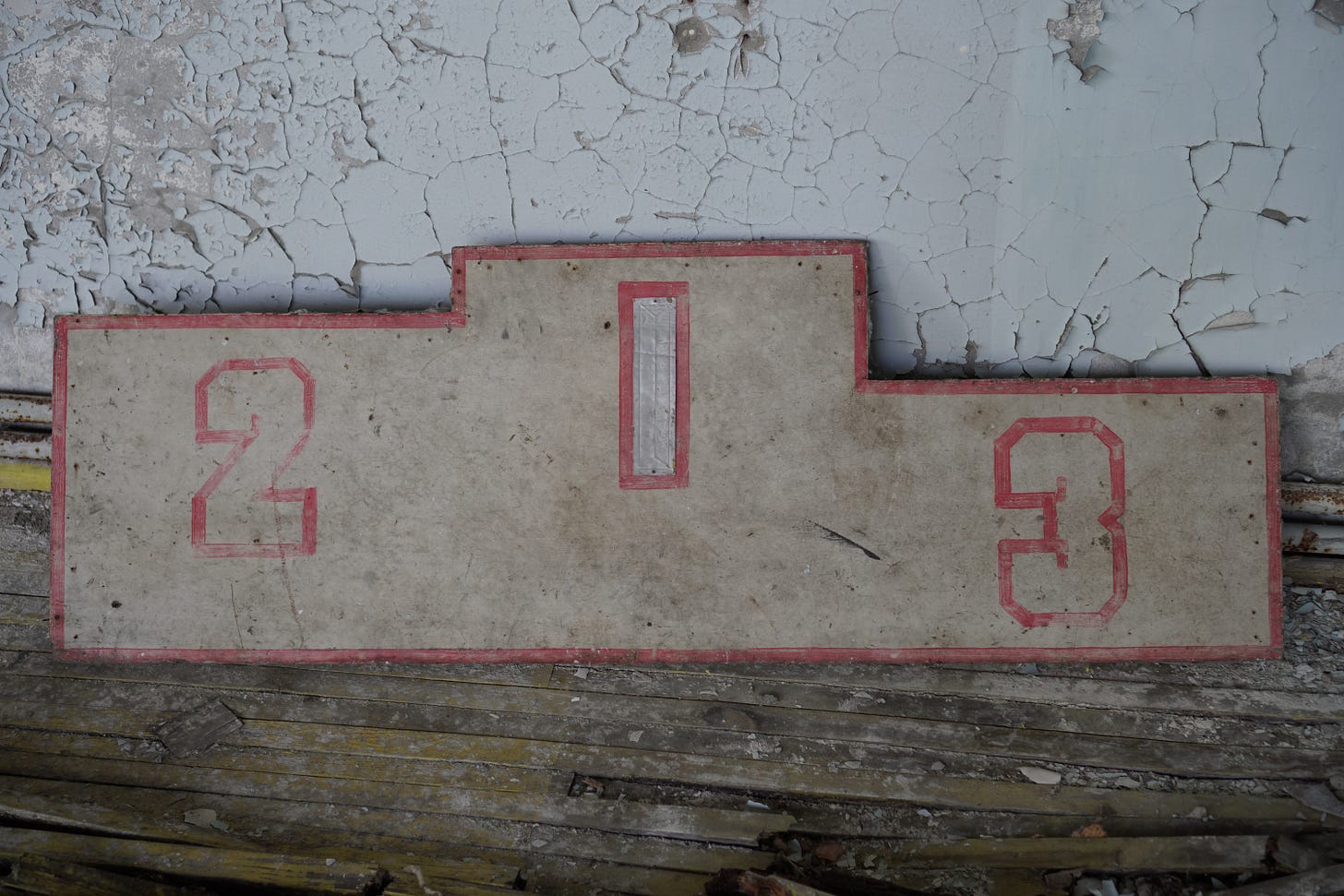00s Jargon
Failure has become such a cliché, so I don’t want to say that we have failed, but we’ve made a few mistakes. I am paraphrasing a comment made by an entrepreneur while introducing himself at the start of LaunchLab’s idea validation course in middle 2021.
His comment has stuck with me ever since.
I’ve had my share of failure, shame, and disappointment, so I’ve enjoyed reading up on failure from Failing Forward by John C. Maxwell and the opposing thoughts of Peter Thiel “failure is overrated.” In the days that passed, I started to agree with his cliché sentiment. As with many self-help books, the transforming ideas turn into mere jargon if they are repeated enough without context or adoption in personal or business relations.
“This frantic, self-congratulatory busyness is a distinctly upscale affliction. Almost everyone I know is busy. They feel anxious and guilty when they aren’t working or doing something to promote their work. They schedule in time with their friends the way 4.0 students make sure to sign up for some extracurricular activities because they look good on college applications. I recently wrote to a friend asking if he wanted to do something this week, and he answered that he didn’t have a lot of time but if something was going on to let him know and maybe he could ditch work for a few hours. My question had not a preliminary heads-up to some future invitation: This was the invitation. I was hereby asking him to do something with me. But his busyness was like some vast churning noise through which he was shouting out at me, and I gave up trying to shout back over it. I recently learned a neologism that, like political correctness, man cave, and content-provider, I instantly recognized as heralding an ugly new turn in the culture: planshopping. That is, deferring committing to any one plan for an evening until you know what all your options are, and then picking one that’s most likely to be fun/advance your career/have the most girls at it - in other words, treating people like menu options or products in a catalog.” Tim Kreider
The failure cliché made me think of the “self-congratulatory” I am busy line. Failure has unfortunately also been bastardised to become a lazy self-congratulatory introduction.
You don’t have to look far for successful entrepreneurs who’ve had to dust themselves off and get back at it again.
That is the entrepreneurial journey. However, failure is not the mark.
When I was in grade 7, we played rugby in Stellenbosch. The team that scored the most tries would win the tournament, so it was all about getting the five-pointers and running the ball. Our coach said we had to score at least 15 tries in the three games to stand a chance during the warmup. If I recall correctly, we scored 13. I remember crying on our fly half’s 13-year-old shoulders shattered because we had lost the tournament.
Arbitrary goals can motivate athletes, employees, and entrepreneurs to push and give everything.
When startups fail to become a business, there is no scoreboard like finite sports games have. Without the scoreboard, at what did the entrepreneur fail?
Without the aim to write a motivational piece, this is the lacking distinction. The founder is not the business. Busy is not productive.
Failing means nothing without learning. Learning is the word. I’ve found it extremely hard to learn from my own mistakes, which requires asking for help.
Learning doesn’t require some grand failure.
We won the tournament.
Photo by Romain Chollet on Unsplash

